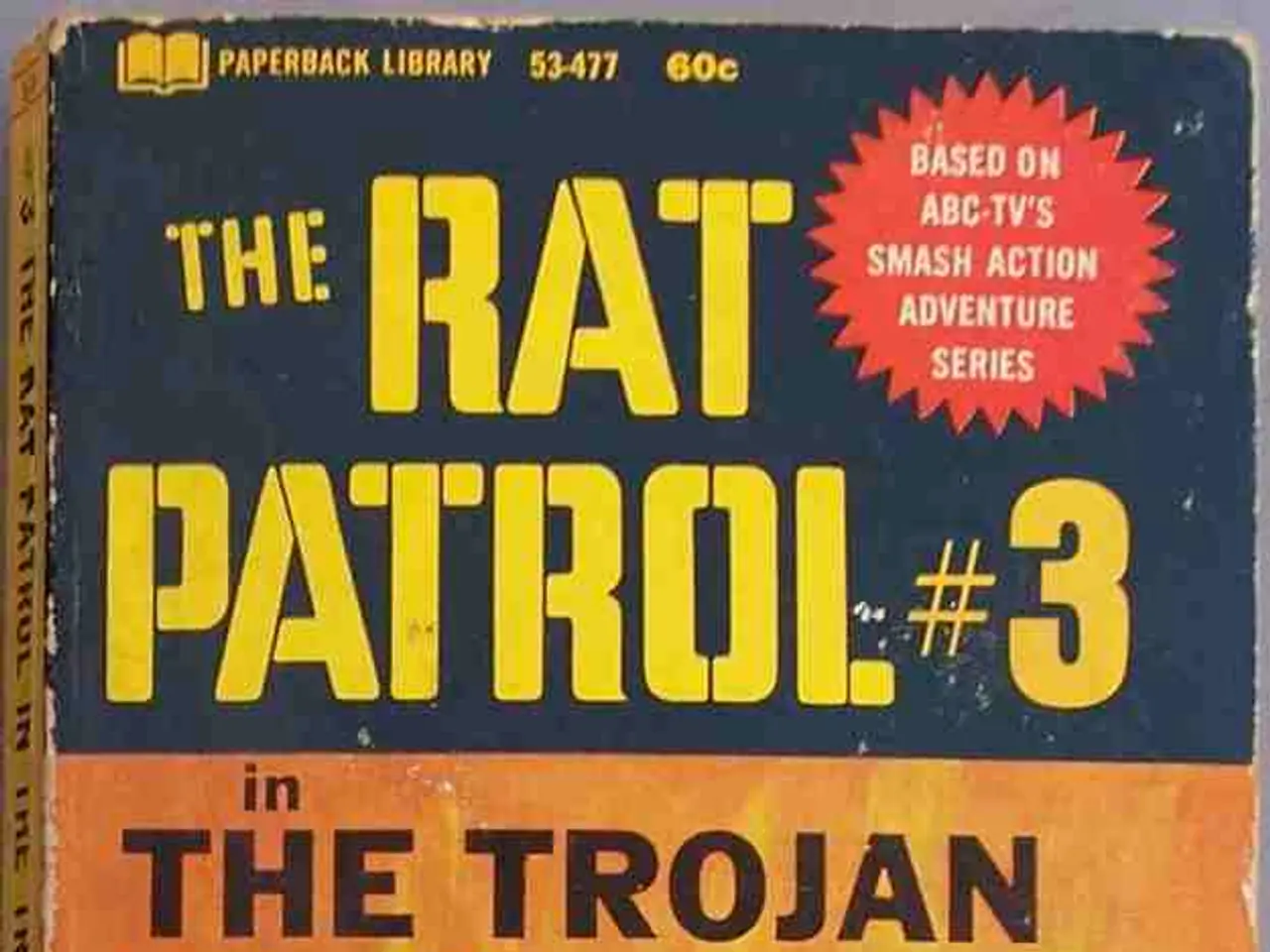A savage portrayal of camaraderie and warfare: examination of Brothers of the Soul by David Diop
Hellfire and Heartache: A Review of David Diop's Novel "Brothers of the Soul"
In the turbulent, bloodstained landscape of World War I, the trenches echo with the palpable pain of soldiers like Alfa Ndiaye, a Senegalese colonial fighter who finds himself bound by brotherhood and torn asunder by violence. This vivid portrayal of a soldier's harrowing journey is the core of David Diop's novel, Brothers of the Soul, which is as raw as the emotional scars earned by its protagonist.
Alfa's bond with Mademba Diop, his childhood friend, was forged in the furnace of their shared Senegalese roots but tested by the crucible of war. When Mademba falls in battle, Alfa's grief shatters, giving way to a wretched, bloodthirsty thirst for vengeance. With a brutal fury that screams of both madness and despair, Alfa descends into a maelstrom of violence, disemboweling and beheading enemy soldiers, much to the horror and trepidation of his comrades.
As the story unfurls, it slips seamlessly from the gritty realism of the battlefield to a mystical, totemic world, where the supernatural binds the threads of life and destiny. The author ingeniously employs African beliefs and spiritual elements, weaving them into the narrative to create a sense of unity between the natural world and its inhabitants.
Brothers of the Soul is a psychological tour de force, delving deep into the tormented mind of Alfa Ndiaye. With a poetic intensity reminiscent of oral storytelling, the inner world of the tormented veteran unfolds, revealing his conflicting thoughts and emotions. Through the technique of interior monologue, the reader is granted intimate access to the stream of consciousness of a man lost in madness, desperate to cling to memories amid a world of hallucination and disarray.
The novel also showcases the intricate relationship between the explicit and implicit stories, a technique borrowed from Peter Brooks' studies on narrative structures. Alfa represents the explicit story, while the implicit story—that of Mademba, whose identity is unveiled in the novel's final pages—leaves a lasting impression on the reader.
Hermanos del Alma (the Spanish translation) is not simply a historical documentation of Senegalese soldiers' courage and sacrifice in a distant, ambiguous homeland; it is a potent expression of poetic resistance. Diop's work overlays African tradition and French literature to craft a compelling narrative that resonates with readers seeking reactions to the brutal realities of war, colonialism, and the complex psychology of those who bear its heavy burden.
In the world of Brothers of the Soul, Alfa Ndiaye's violence may initially read as the tip of the iceberg of an uncontrollable rage, but upon closer inspection, it manifests as a powerful statement about the psychological and cultural conflicts faced by African soldiers. His violent outbursts symbolize his fractured psyche, rebellion against colonialism, and commentary on the ravaging impact of war on the human soul.
references:
[1] Overall, the search results suggest that Alfa Ndiaye's violent actions in Brothers of the Soul are deeply symbolic and literary, embodying complex psychological and cultural conflicts experienced by African soldiers in World War I. Whether it be a metaphor for the war's devastating toll on the human psyche or an act of poetic resistance against colonial oppression, Alfa's violence plays a powerful role in Diop's masterful tale.
- The vivid portrayal of Alfa Ndiaye's violent actions in David Diop's novel, Brothers of the Soul, symbolizes the psychological and cultural conflicts faced by African soldiers during times of war-and-conflicts, serving as a powerful statement in the realm of politics and general-news.
2.The novel, Brothers of the Soul, artfully employs elements of African culture, including spiritual beliefs, and integrates them into its narrative, making it a compelling piece of entertainment that resonates with readers seeking reactions to complex issues such as colonialism and war.
- In Brothers of the Soul, books serve as a medium for exploring the deep emotional scars and cultural identity of its Senegalese protagonist, Alfa Ndiaye, whose experiences provide insights into the intricate dynamics of culture, politics, and the psychological toll of war-and-conflicts.




